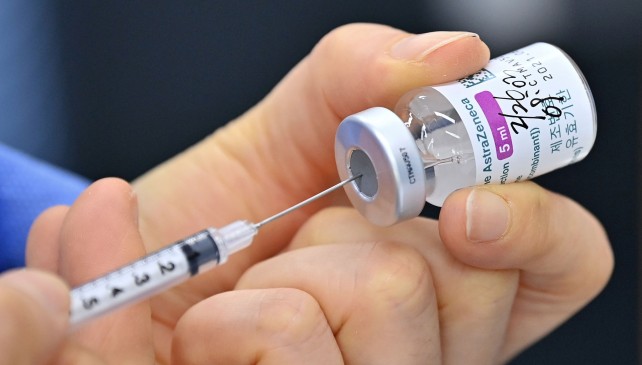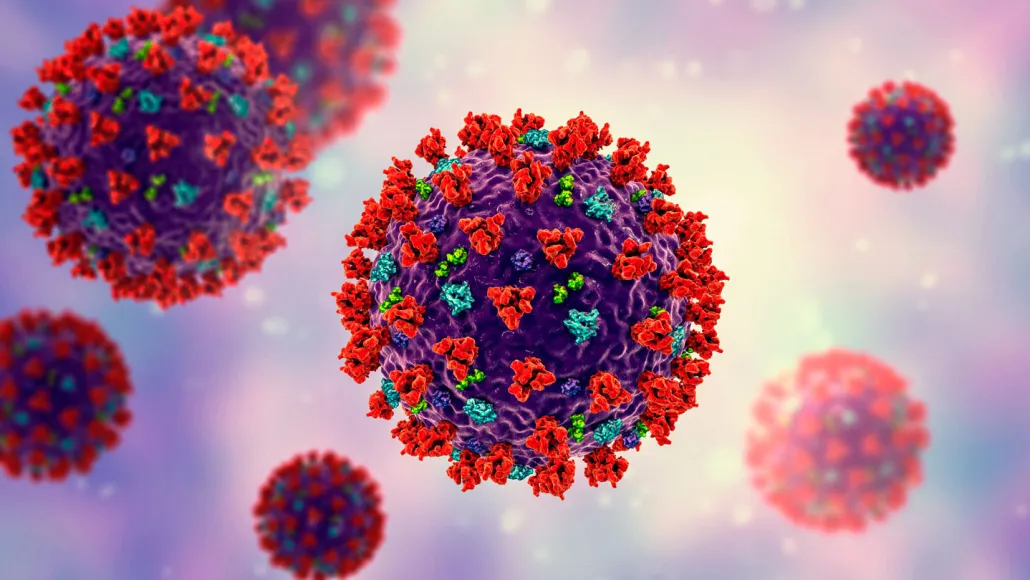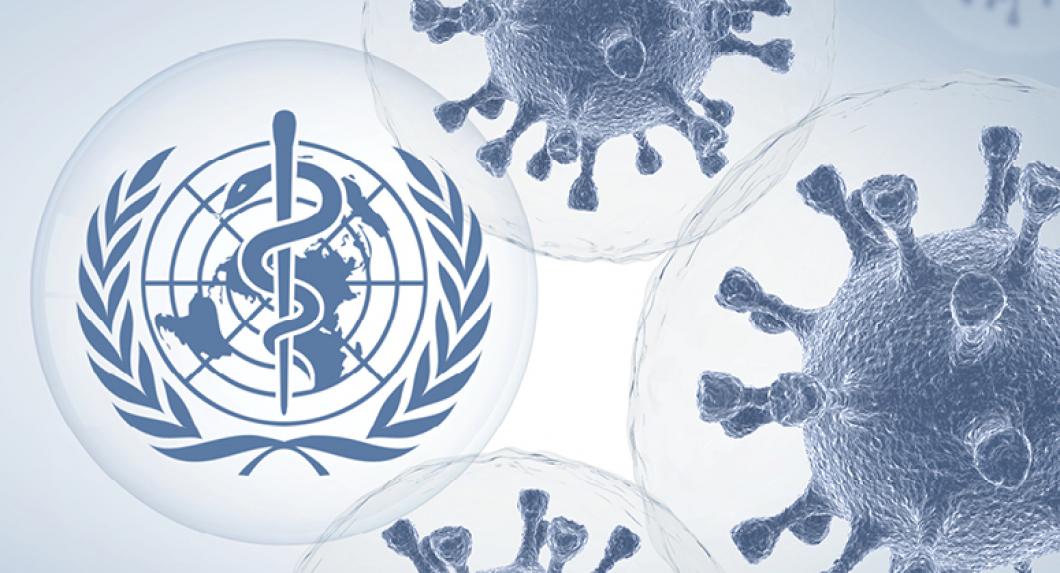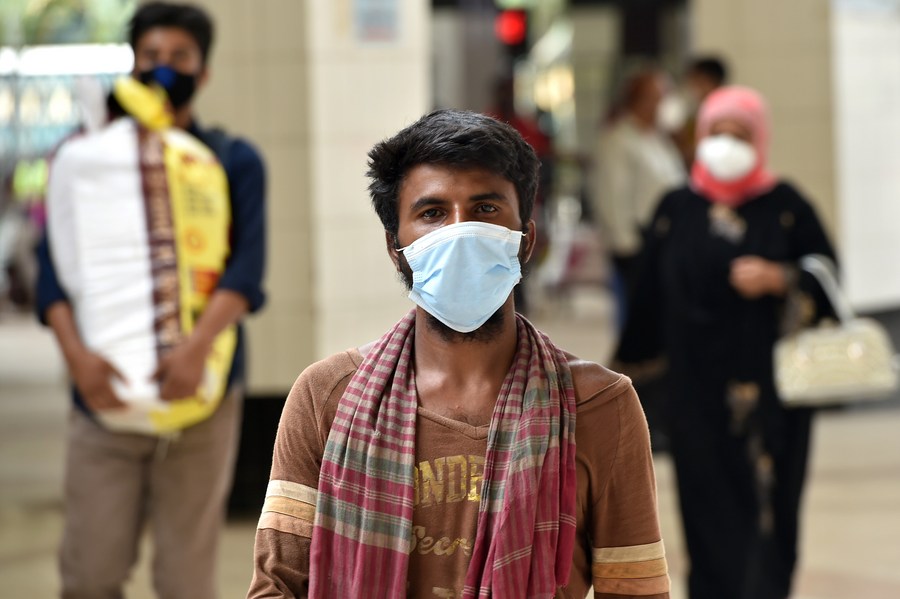Beximco has asked Serum about the amount of doses that can be produced here and where the doses would be supplied to, Beximco Managing Director Nazmul Hassan Papon said.
"Local production requires a large investment. Before making the investment, we need to study its feasibility. It won't be viable if we produce only for the local market... We are waiting for a formal proposal [from Serum]," Papon told The Daily Star yesterday.
It will be a milestone in the pharmaceuticals sector of Bangladesh, if Beximco produces the vaccine here, he added.
Asked whether Beximco could import the doses in bulk and put them in ampules here, Papon said, "This will not be a viable option for us."
Serum CEO Adar Poonawalla recently said he was planning to launch production in other countries to keep up with the demands.
"There's going to be an announcement in the next few days," Adar Poonawalla was quoted as saying by The Times in an interview on Friday.
The Covax Facility, a global vaccine alliance, was supposed to receive from Serum a total of 1.1 billion doses of the AstraZeneca or Novavax, with 200 million committed, and the rest on option, reports Reuters.
It had expected a total of more than 100 million doses from Serum between February and May, excluding supplies for India, but has so far received only about 18.2 million. Bangladesh is supposed to receive 6.8 crore vaccine shots from Covax by the end of 2021.
Bangladesh started the mass inoculation campaign with the AstraZeneca vaccine it purchased from Serum. But the campaign stumbled as Serum failed to fulfil its commitment of supplying 50 lakh doses each month for six months in a row.
Bangladesh purchased 3 crore doses of AstraZeneca vaccine from Serum. But the country has so far received only 70 lakh in two shipments.
Serum delivered the first shipment of 50 lakh doses properly but the second shipment contained only 20 lakh. Serum has not provided Bangladesh any doses since. Bangladesh also received 33 lakh doses of the vaccine from the India government as a present.
The Indian government restricted export of vaccines amid rising demands at home and the dearth of raw materials.
Serum has the capacity to produce 65 million doses of the vaccine each month.
The Bangladesh government has recently given China's Sinopharm and Russia's Sputnik V emergency use authorisation and there are talks of local co-production.
Contacted, Md Sayedur Rahman, chairman of pharmacology at Bangabandhu Sheikh Mujib Medical University, said, "We welcome such initiatives. But the more the state and academia will be engaged in such initiatives, the more welfare of the people will be ensured."
The government has already requested AstraZeneca to authorise production of its Covid-19 vaccine in Bangladesh.
A proposal was sent last month to the British-Swedish multinational pharmaceutical company seeking its technology to produce the vaccine from seed or the vaccine in bulk.
AstraZeneca has yet to respond. The company has over 20 supply partners in 15 countries and more than 20 analytical testing sites -- three manufacturing sites in the UK and over five in the EU.
In South Asia, Serum is its sole manufacturing partner.
Meanwhile, Bangladeshi pharmaceutical company Renata Limited has sought permission from the government to bring Moderna's Covid-19 vaccine.
Dr Abul Bashar Mohammad Khurshid Alam, director general of the Directorate General of Health Services, said, "If brought to Bangladesh, the Moderna vaccine, that needs to be stored in sub-zero temperature, can be stored in Dhaka. We still do not have the resources to store them outside Dhaka."















